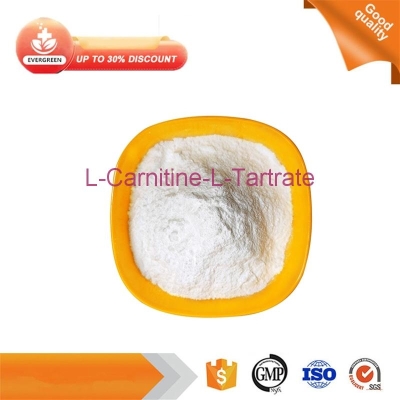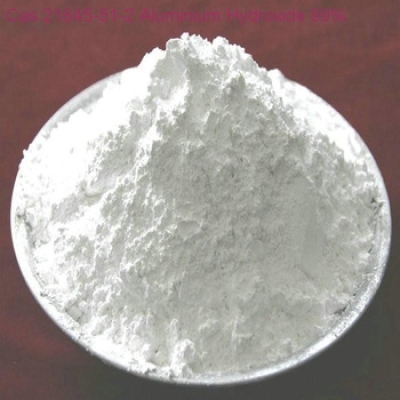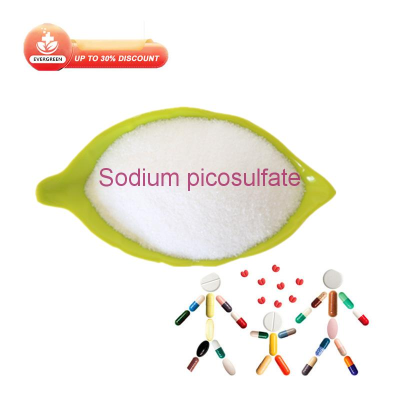-
Categories
-
Pharmaceutical Intermediates
-
Active Pharmaceutical Ingredients
-
Food Additives
- Industrial Coatings
- Agrochemicals
- Dyes and Pigments
- Surfactant
- Flavors and Fragrances
- Chemical Reagents
- Catalyst and Auxiliary
- Natural Products
- Inorganic Chemistry
-
Organic Chemistry
-
Biochemical Engineering
- Analytical Chemistry
- Cosmetic Ingredient
-
Pharmaceutical Intermediates
Promotion
ECHEMI Mall
Wholesale
Weekly Price
Exhibition
News
-
Trade Service
Mays Medical Tip: This has little to do with acute hepatitis in children currently occurring in many countries
The latest clinical study in Germany found that the new crown mRNA vaccine (BNT162b2) jointly developed by Pfizer/BioNTech may cause a rare T cell-mediated autoimmune hepatitis
The latest clinical study in Germany found that the new crown mRNA vaccine (BNT162b2) jointly developed by Pfizer/BioNTech may cause a rare T cell-mediated autoimmune hepatitis
Autoimmune hepatitis is a chronic progressive liver inflammatory disease mediated by autoimmune reactions.
Compared with vaccines developed by traditional technology platforms such as inactivated vaccines, mRNA vaccines have only completed their "first show" during the COVID-19 pandemic, and the global scientific community is still continuing to study its performance in the real world
Compared with vaccines developed by traditional technology platforms such as inactivated vaccines, mRNA vaccines have only completed their "first show" during the COVID-19 pandemic, and the global scientific community is still continuing to study its performance in the real world
Background and goals: Autoimmune hepatitis flares have been described following SARS-CoV-2 infection and vaccination, but their pathophysiology remains unclear
Background and Objectives: Infection
Methods: Imaging mass cytometry for spatial immunoassays was performed on liver biopsies
method:
Patient sample:
Patient sample:A 52-year-old male and 3 healthcare workers (all HLA-A*03:01, NGS-confirmed) were recruited at the University Medical Center Freiburg, Germany, to receive the mRNA vaccine BNT162b2 more than 26 days after booster vaccination
Colorectal Cancer Guidelines
Results: Analysis of liver tissue revealed that immune infiltration was quantitatively dominated by activated cytotoxic CD8 T cells with a pan-lobular distribution
result:
in conclusion:
in conclusion:COVID19 vaccination induces a distinct T-cell-dominant immune-mediated hepatitis with a unique pathogenesis associated with vaccination-induced antigen-specific tissue-resident immunity that requires systemic immunosuppression
Summarize:
Summarize:Liver inflammation has been observed during SARS-CoV-2 infection, but may also occur after vaccination in some individuals, and shares some typical features with autoimmune liver disease
Causes of infection with hepatitis A, B, C, or E, cytomegalovirus (CMV), and Epstein-Barr virus were ruled out based on serological or polymerase chain reaction (PCR) testing
In addition, the team found infiltration of T and B lymphocytes, macrophages, granulocytes and plasma cells in the liver
Next, flow cytometry deeply analyzed the intrahepatic and peripheral populations of CD8 T cells
.
Intrahepatic CD8 T cell pools showed enrichment for markers of activation (CD38) and tissue resident markers (CD103, CD69, and CXC motif chemokine receptor 6 [CXCR6])
.
CD8 T cells in peripheral blood also express CD38
.
Interestingly, in the absence of hepatitis after vaccination, CD38 expression was significantly higher in patients (75.
9%) than in controls (15.
4%)
.
SARS-CoV-2 S-specific CD8 T lymphocytes were 3.
4-fold enriched in the intrahepatic CD8 T cell population compared to peripheral blood
.
In addition, the abundance of S-specific CD8 T lymphocytes in peripheral blood was 10.
2-fold higher than that of Epstein-Barr virus-specific T cells control epitope-specific T lymphocytes
.
Stable frequencies of S-specific CD8 T cells in the circulation were noted, and CD38 levels decreased with budesonide treatment
.
However, CD38 expression on SARS-CoV-2 S protein and other cytotoxic markers-specific CD8 T cells was elevated when relapse occurred during budesonide treatment, but returned to normal after treatment with systemic immunosuppressants
.
CONCLUSIONS: We noted a slight increase in peripheral immunoglobulin and intrahepatic enrichment of plasma and B cells
.
Strikingly, cytotoxic CD8 T cells (expressing CD38) were the most abundant, as they are the most abundant immune cells in the liver
.
These observations place T cells as the causative cell type associated with vaccine-associated immune hepatitis as a novel AIH subtype
.
These findings suggest that vaccination with BNT162b2 may cause immune-mediated hepatitis through a vaccine-elicited cellular immune mechanism
.
There is also an article on this type of research on October 26, 2021: A case of a 65-year-old woman who developed acute severe autoimmune hepatitis two weeks after her first dose of Moderna-COVID-19 vaccine was reported
.
.
The mRNA vaccine belongs to the "first show", and the global scientific community is still continuing to study its performance in the real world.
It is the correct attitude towards science that admits side effects and inadequacies
.
It is the correct attitude towards science that admits side effects and inadequacies
.
References:
https:// onclick="userFeedBack()" class="ms-link strong" >leave a message here







